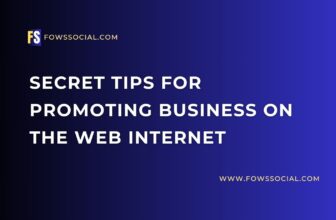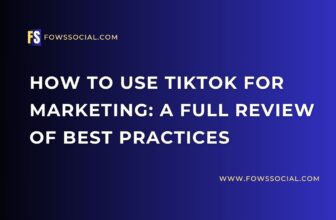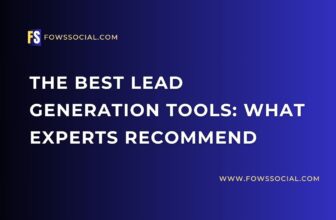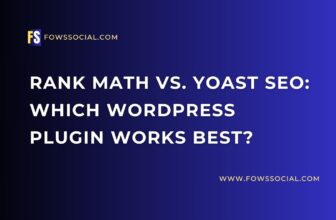When it comes to digital marketing, two standout strategies for boosting website traffic and sales are Search Engine Optimization (SEO) and Pay-Per-Click (PPC) advertising. While each has its own pros and cons, the key question is: which one is most effective for your business?
Search Engine Optimization: Playing the Long Game
Search Engine Optimization (SEO) involves optimizing your website to improve its organic ranking in search engine results pages (SERPs). This means gaining visibility without paying for clicks, but instead by providing high-quality content and building authority for your website.
One major benefit of SEO is its ability to yield long-lasting outcomes. Once your website is properly optimized and achieves high rankings on search engines, you can consistently generate traffic and leads for extended periods of time without having to incur costs for each click.
SEO is essential for establishing trust and credibility with your target audience. Ranking at the top of search results for relevant keywords shows users that your website is a reputable source in your field, resulting in increased click-through rates and conversions.
Although, SEO can be a gradual process. It may take several weeks or months to notice notable outcomes, particularly when focusing on competitive keywords. Additionally, it necessitates continuous upkeep and adjustments to adapt to the constantly evolving algorithms of search engines, such as Google.
PPC: A Fast Solution
Pay-Per-Click advertising provides quick results by allowing you to bid on keywords and pay for each click on your ad that directs users to your website. This strategy can rapidly increase traffic, generate leads, and increase sales on your site.
One key benefit of PPC advertising is its ability to enable precise targeting. With PPC, you have the flexibility to select specific keywords to bid on, choose the demographics, locations, and devices to target. This level of control can help you effectively reach your desired audience and optimize your ROI.
PPC provides greater flexibility compared to SEO. You have the ability to launch or pause campaigns whenever you want, modify your budget and bids in real-time, and experiment with various ad copy and landing pages to determine the most effective approach. This enables quick testing and refinement to enhance your outcomes.
On the other hand, PPC can be costly, particularly when targeting competitive keywords. The expense of each click can accumulate rapidly, particularly if there is a low conversion rate. Continuous monitoring and optimization are necessary to guarantee successful campaign performance.
Which Strategy is Most Effective?
The solution to this question varies based on your objectives, financial resources, and schedule. SEO and PPC each have their own advantages and disadvantages, making a blend of both tactics often the most effective approach.
If you are seeking lasting outcomes and are ready to dedicate time and resources to improving your website, SEO could be the optimal solution for you. By utilizing SEO, you can establish a solid base for your online presence and gradually draw in valuable organic traffic to your site.
If you are looking for quick results and are open to paying for clicks, PPC may be the more suitable choice. It can quickly drive targeted traffic to your website and generate leads and sales in a short period of time.
In digital marketing, success is achieved through testing and tracking results. Experiment with various strategies to determine the most effective approach for your business. Keep a close eye on your metrics and make necessary adjustments to optimize your campaigns and reach your objectives.
Ultimately, SEO and PPC each have their own pros and cons. The ideal digital marketing approach for your business hinges on your individual objectives, financial resources, and timeframe. By recognizing the benefits and drawbacks of both methods, and continually assessing and monitoring your outcomes, you can formulate an effective digital marketing strategy that boosts traffic, leads, and conversions on your site.








